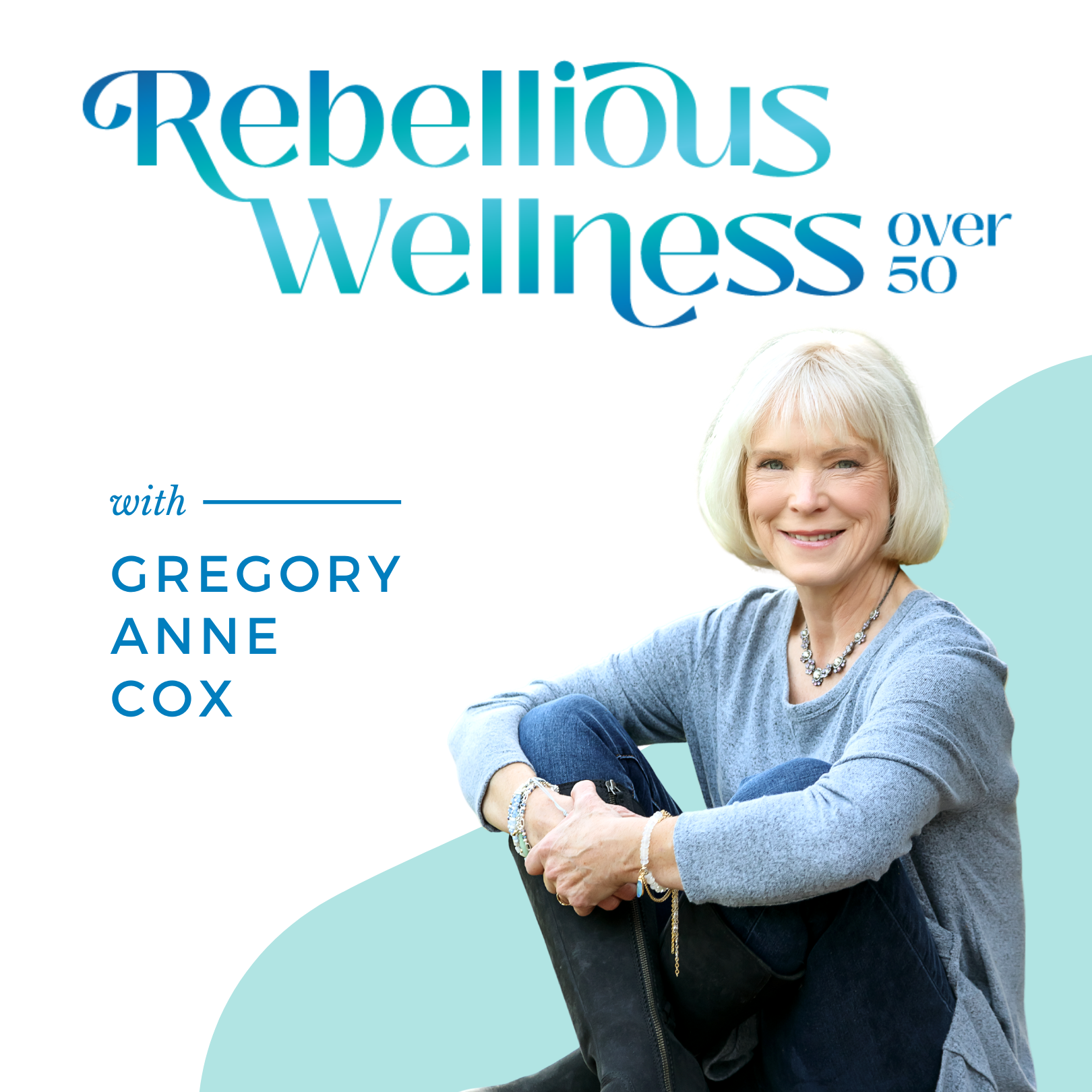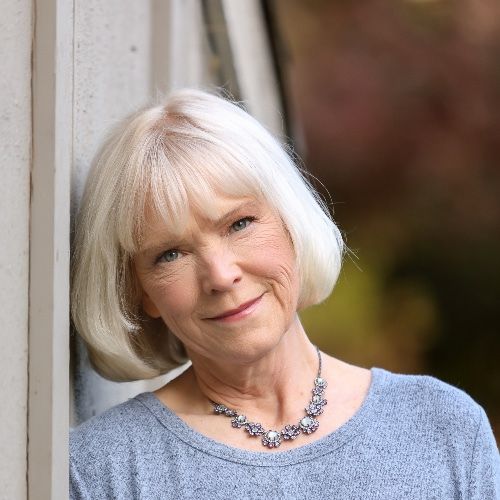Episode 62
The Seniority Authority, Planning Now for Living Longer
Cathleen Toomey, the brains behind the Seniority Authority website and podcast likes to say “Seniority Authority exists because of cocktail parties.”
Knowing she worked in a retirement community people often came to her with questions like,
“I think my mom may have dementia, but maybe it's typical age related, memory loss. How do I tell the difference?”
And
“What the heck is assisted living and how do I know what a good one is?”
She created the Seniority Authority podcast and a website with the specific goal of providing practical information to people who have questions.
And we covered many of the most common questions people have about helping their parents navigate their longer lifespans, how to have "the conversation," and the importance of connection and community for those we love with seniority.
This country has never experienced a demographic shift in older adults, as it's experiencing now. Today in the US 10,000 people every day turned 70.
Even if we work out, eat right, generally take good care of ourselves we are still aging. Things will change. We have to plan ahead for a time when we may not be as able bodied as we are now. And if we are? Great we might want to move into a place with a built in community.
"My strong advice is have that conversation with your parent or your aunt or your loved one five years before you think you need it, because there will be a wait list to get into the right kind of community."
Our parents experienced nursing homes as a place they put grandma in two months before she died. That's their experience.
Part of the planning must include sitting down to think about what brings purpose and passion to your life.
What kind of environment do you love?
Is it important to be near family or friends?
What do you want to be doing day to day in your longer than expected life?
"Don't be a cranky old person. Be glad for every freaking day you get up on the right side of the grass.
A study was conducted by Harvard for 83 years to determine what makes for a long happy life. They found it wasn’t financial success, spirituality, children, volunteering, their health. “It was good relationships keep us happier and healthier period. Good relationships did not mean in Harvard's study that you had to be married. It just meant that you connected with people. You know the name of the dry cleaner, or the mailman, or you stopped in to see your neighbor next door.”
“One of the biggest challenges about getting older is that people are not talking as much. You are more isolated. There are actually fewer conversations, 50% fewer conversations after 60 then between 30 and 60.”
The most important first step if you think someone has dementia is to get checked out, get a diagnosis. You can’t plan or treat without knowing what’s happening in the brain and body.
Things that were mentioned:
Seth Rogan’s charity called Hilarity for Charity This is “a non-profit on a mission to care for families impacted by Alzheimer’s disease, activate the next generation of Alzheimer’s advocates, and be a leader in brain health research and education.”
Seven Steps to Managing Your Memory—a book by Cathleen’s colleague, Maureen O’Connor.
The Power of Five Assessment for women who want to know if what they are currently doing is enough when it comes to healthy aging.

